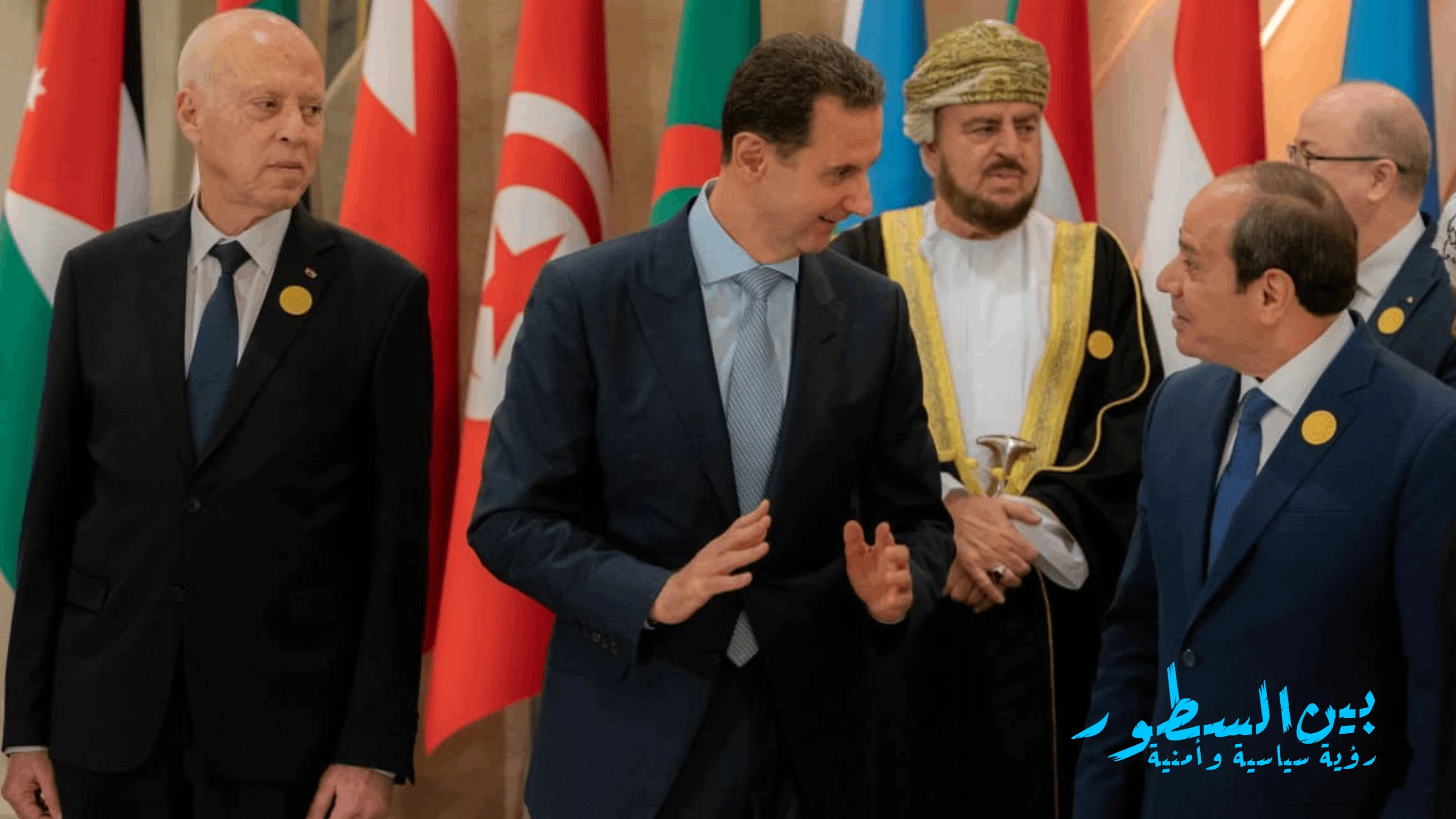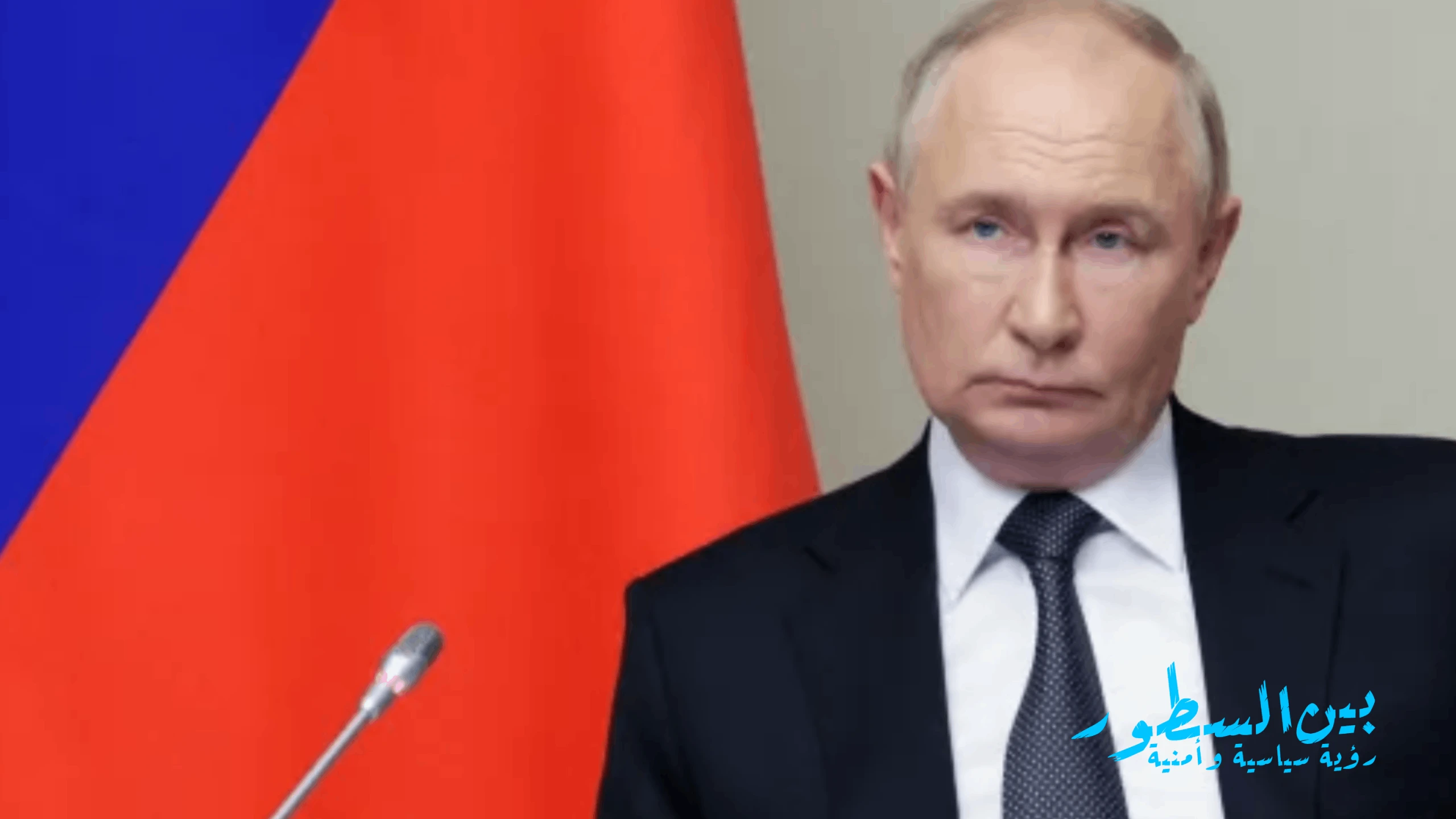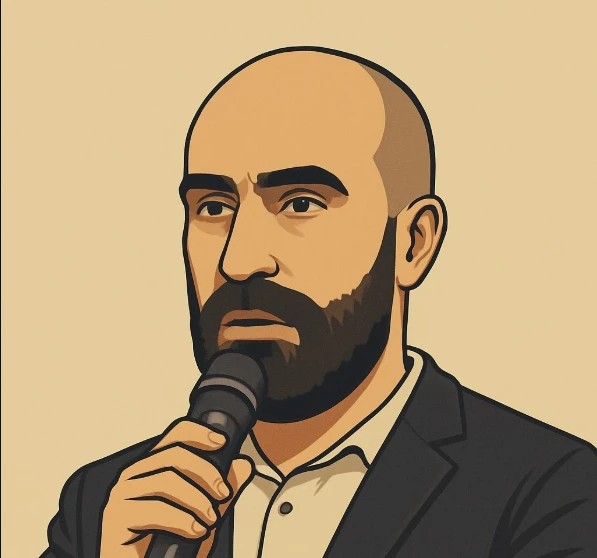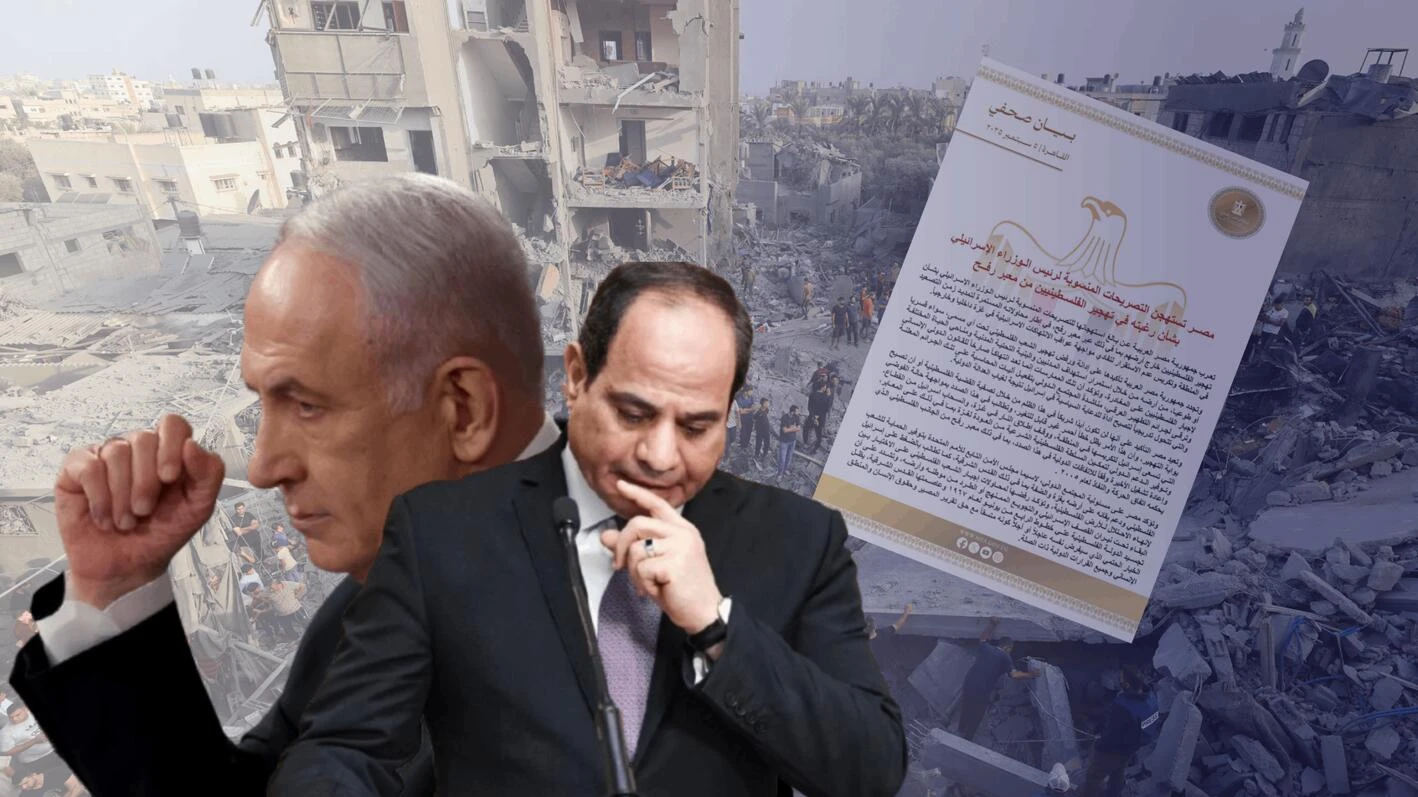Why the Global Order Fears Democracies: An Analysis of Complicity with Authoritarianism
This is an AI-generated English translation. The original text is in Arabic.
International systems, including major powers like the United States, Russia, and European countries, raise slogans of freedom and democracy, but in reality, they always align with their own interests, even if the cost is supporting authoritarian regimes or complicity with repression.
Interests Before Values
The global system is based on economic and political interests that often surpass human values. Major states, whether in the East or West, are keen on stability that serves their influence and strategies, even if this is achieved through repressive regimes. For them, authoritarian stability is preferable to chaos that might threaten their interests.
The Fear of True Democracy
The international system does not fear authoritarianism as much as it fears popular movements demanding freedom and equality. True democracy and decentralized systems may threaten the current equations of dominance, so these powers prefer to deal with strong regimes, even if they are repressive, as they ensure the continuation of influence and interests.
Reproducing Authoritarianism
It is not new for global powers to contribute to the reproduction of authoritarianism after popular revolutions. Instead of supporting democratic transformations, power is reshaped to achieve "stability" according to their needs, at the expense of the aspirations of peoples for freedom.
How Does This Violation of Human Values Manifest?
Double Standards
There is a glaring gap between rhetoric and practice: major powers raise slogans of freedom but support authoritarianism on the ground. This duality reveals the true face of the international system, which places the balance of power above all human considerations.
Support for Repression and Killing
Regimes supported by major powers often engage in mass killings, torture, arrests, and brutal violations. However, the international community turns a blind eye to these because they secure its long-term interests.
The Silence of the International Community
Even when crimes against humanity are committed, the international community remains silent or complicit. Countries that claim to defend human rights often ignore repression if the authoritarian regime serves their interests.
Can This Reality Change?
Popular Awareness is Hope
Despite the strength of these equations, popular awareness and ongoing movements remain a source of true hope. History proves that the will of the people is capable of breaking the most oppressive regimes, no matter how long it takes.
The Role of Media and Civil Society
Free media, human rights organizations, and civil society possess important tools to expose violations. Despite the restrictions, the accumulation of internal and external pressure may contribute to revealing and limiting repression.
Solutions from Within, Not from Outside
Real change will not come from international powers as long as their interests are tied to authoritarianism. Change must arise from within, through building resistance movements capable of imposing a new reality.
Conclusion
The international system does not seek freedom or justice but rather aims to protect its interests by supporting tyrants. However, the peoples, despite the heavy price, are capable of bringing about change. The road is long and difficult, but it passes through unity and internal resistance, in order to build a just system that protects human rights and ensures freedom for all.








